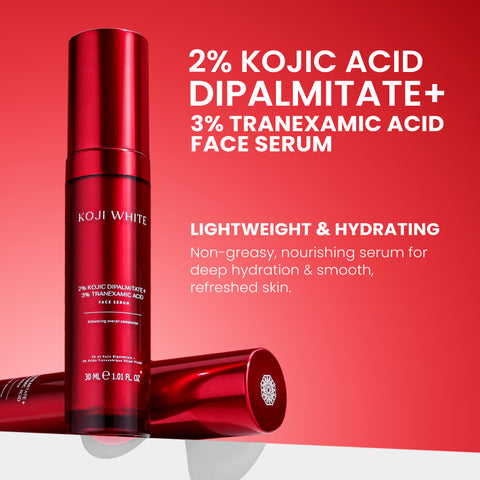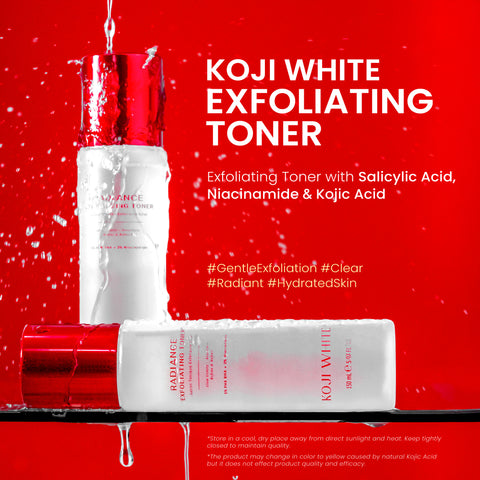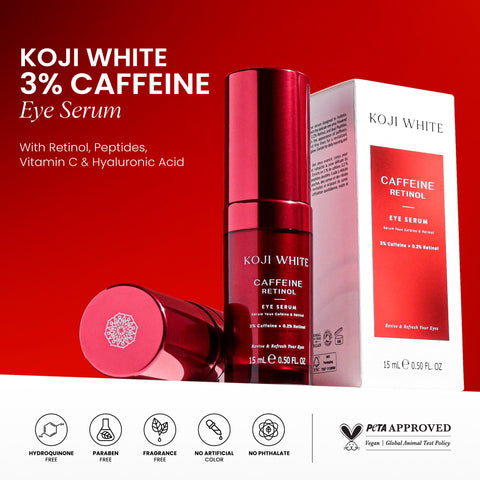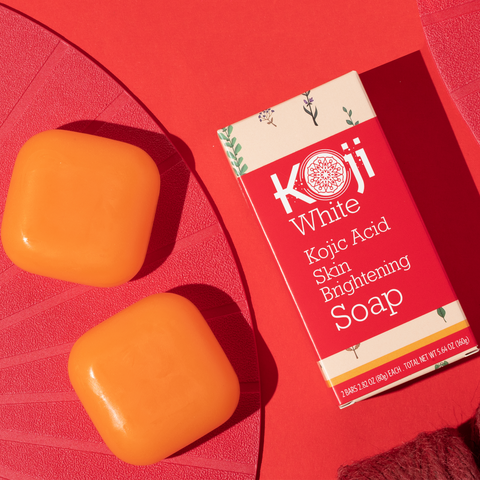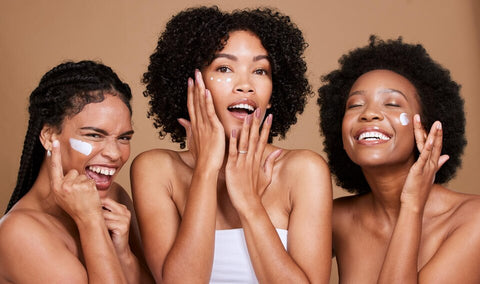The sun is like a bright and inviting fire. It’s wonderful to be around, but it should always be approached with caution. Although it provides warmth, light, and comfort, prolonged exposure can lead to many skin conditions that last longer than a burn. One of these is hyperpigmentation, or the appearance of dark spots on certain areas of the skin. Below we’ll be exploring the sun’s impact on your skin, as well as sharing effective sun protection methods to shield your skin from hyperpigmentation. Read on to learn just how much UV rays can affect your skin!

The Sun & Hyperpigmentation: How UV Rays Trigger & Worsen Hyperpigmentation
The sun is considered the leading cause of hyperpigmentation. This is because its UV rays trigger the production of melanin, the pigment that provides our skin, hair, and eyes with color.
While melanin is a natural element found in all of our bodies, increased production is not necessarily a good thing. The body’s response to sun exposure is a natural defense mechanism against UV rays; what we call tanning is really just the skin trying to protect itself from further damage.
Extended sunlight exposes the skin to oxidative stress from UV rays, which goes beyond a typical tan. This is when the uneven distribution of melanin in the skin, or hyperpigmentation, begins to occur. New areas can develop, and any existing hyperpigmentation can become more pronounced.
How To Shield Your Skin From UV Rays: Effective Sun Protection Strategies
Fortunately, there are plenty of easy ways to prevent and manage sun-induced hyperpigmentation. Here are 6 effective ways to protect your skin from the sun’s harmful rays:
- Use SPF. Seek out a broad-spectrum sunscreen with an SPF of at least 30. This term simply means that you’ll be protected against both UVA and UVB rays. Sunscreen should be regularly applied to all areas of exposed skin on a daily basis, no matter the season or weather. The sun’s rays still have the ability to penetrate through clouds and windows, so it should still be applied during cooler months. Remember to regularly reapply your sunscreen, especially if you’re out in the sun for long periods of time
- Wear protective clothing. The clothes and accessories you wear can help protect you against sun damage. Wide-brimmed hats, sunglasses, long sleeve shirts, and full-length pants will all help minimize your direct UV ray exposure.
- Seek shade. Stay in shady outdoor areas if you have the opportunity. You’ll want to be especially mindful in the late morning and afternoon, as UV radiation is at its strongest during these times.
- Avoid tanning beds. Tanning or sun beds emit high levels of UV radiation and can cause a lot of skin damage. They should be avoided completely.

- Choose the right skin care products. Whether you’re looking to treat hyperpigmentation or prevent it, there are plenty of skin care products that can help you reach your goals. Look for products with ingredients that naturally reduce hyperpigmentation and promote a brighter, more even skin tone, such as kojic acid, vitamin C, and glutathione.
- Consult a dermatologist. If you have persistent or severe hyperpigmentation, you may want to reach out to a dermatologist that can help you find another solution.

Sunlight is your friend, but only in the right doses. Make sure you’re keeping your skin safe and beautiful by using the right protective measures!

